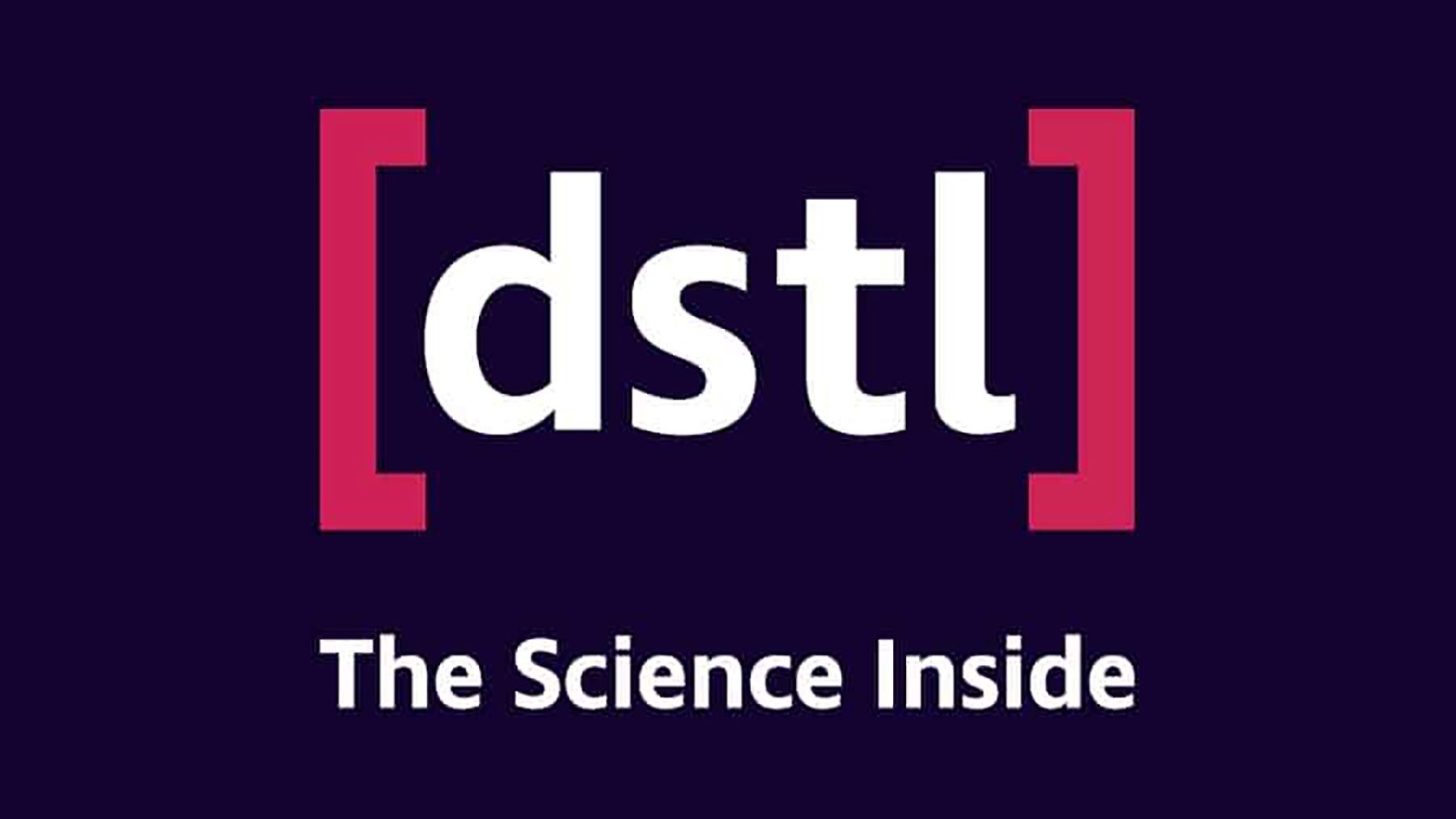Government launches Defence Centre for AI Research
The MoD and Alan Turing Institute announce the project as part of a wider plan to make the UK a world-leader in AI research


The Defence Science and Technology Laboratory (Dstl) and Alan Turing Institute are jointly establishing a new Defence Centre for AI Research (DCAR).
Addressing areas of artificial intelligence (AI) development that currently prove a challenge will be key among the Centre’s operational concerns. These include but are not limited to low short learning, in which machines can be trained without the need for large data models, AI war gaming, multiple sensor management and AI ethics.
The Dstl’s mission is the advancement of technology for the benefit of UK security. The Alan Turing Institute, founded in 2015, is formed of as many as 13 universities as well as other key research bodies to fill the role of the UK’s national institute for data science and artificial intelligence.
The DCAR will sit within the recently formed Defence Artificial Intelligence Centre (DAIC). In June, the Ministry of Defence (MoD) published a paper acknowledging the security potential of AI and laying out its plan to approach development in the field with safety and ethics in mind.
It is intended to be read in conjunction with the Defence Artificial Intelligence Strategy, a paper outlining the large-scale research, development and implementation of AI that the MoD identifies as key to its mission in the coming years.
WIthin the paper, the MoD states that its “vision is that, in terms of AI, we will be the world’s most effective, efficient, trusted and influential Defence organisation for our size.”
“The DCAR will be a centre of excellence which provides real focus to developing and applying AI ethically in defence contexts,” said Glen Hart, senior principal scientist from Dstl.
Sign up today and you will receive a free copy of our Future Focus 2025 report - the leading guidance on AI, cybersecurity and other IT challenges as per 700+ senior executives
Aside from what it brings to the UK defence sector, it is also hoped that the DCAR’s research can benefit the entire UK economy. In the 2021 National AI Strategy paper, the government expressed this view by drawing comparison between fledgling AI research and the dawn of the industrial revolution:
“Much like James Watt’s 1776 steam engine, AI is a ‘general purpose technology’ (or more accurately, technologies) that have many possible applications, and we expect them to have a transformational impact on the whole economy.”
RELATED RESOURCE

The COO's pocket guide to enterprise-wide intelligent automation
Automating more cross-enterprise and expert work for a better value stream for customers
The government has in recent months explored other options to expand the AI research sector within the UK, such as proposing amendments to copyright law that would greatly loosen the rules around training models based on data mining.
Although it's currently based in the British Library, the widespread nature of its member universities ensures that a range of academic talent will be able to feed into the Centre, to result in the best possible researchers contributing knowledge. The Dstl has stated that between 5 and 8 academic posts will open in September as a result of establishing the Centre, with the possibility of more in the future
IT Pro approached the Alan Turing Institute for a statement on the announcement.

Rory Bathgate is Features and Multimedia Editor at ITPro, overseeing all in-depth content and case studies. He can also be found co-hosting the ITPro Podcast with Jane McCallion, swapping a keyboard for a microphone to discuss the latest learnings with thought leaders from across the tech sector.
In his free time, Rory enjoys photography, video editing, and good science fiction. After graduating from the University of Kent with a BA in English and American Literature, Rory undertook an MA in Eighteenth-Century Studies at King’s College London. He joined ITPro in 2022 as a graduate, following four years in student journalism. You can contact Rory at rory.bathgate@futurenet.com or on LinkedIn.
-
 Microsoft unveils Maia 200 accelerator, claiming better performance per dollar than Amazon and Google
Microsoft unveils Maia 200 accelerator, claiming better performance per dollar than Amazon and GoogleNews The launch of Microsoft’s second-generation silicon solidifies its mission to scale AI workloads and directly control more of its infrastructure
-
 Infosys expands Swiss footprint with new Zurich office
Infosys expands Swiss footprint with new Zurich officeNews The firm has relocated its Swiss headquarters to support partners delivering AI-led digital transformation